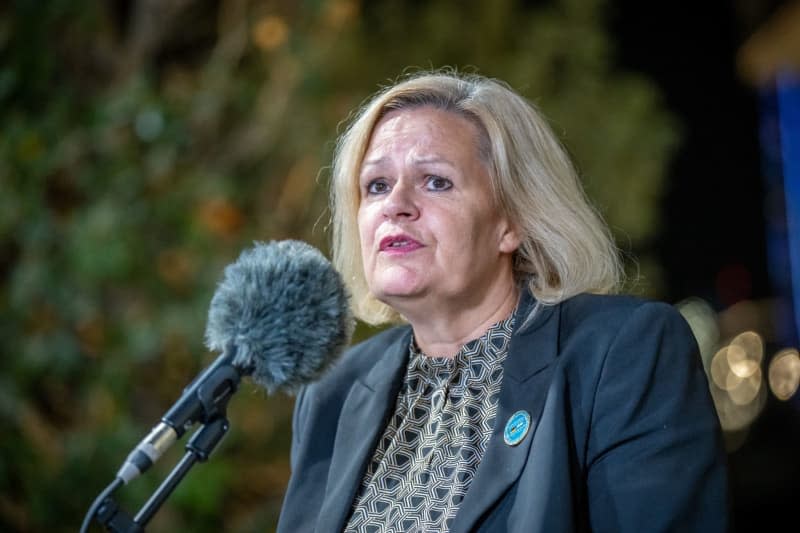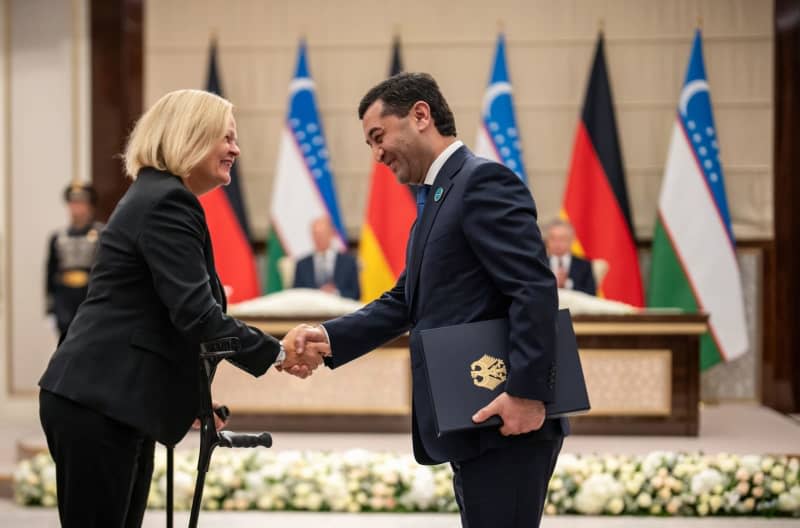German Chancellor Olaf Scholz on Sunday signed a bilateral agreement on migration with Uzbekistan as he travelled to Central Asia.
The deal was signed in the ancient city of Samarkand and is intended to facilitate the entry of skilled workers from Uzbekistan to Germany, particularly in the care and health sectors.
It will also speed up the repatriation of Uzbeks in Germany without a legal residence permit. Of the 13,700 Uzbeks living in the country, only around 200 people are believed to be eligible for repatriation.
Bilateral agreements a core component of the German coalition government’s migration policy, with the latest example coming on Friday in Berlin with the visit of Kenyan President William Ruto.











